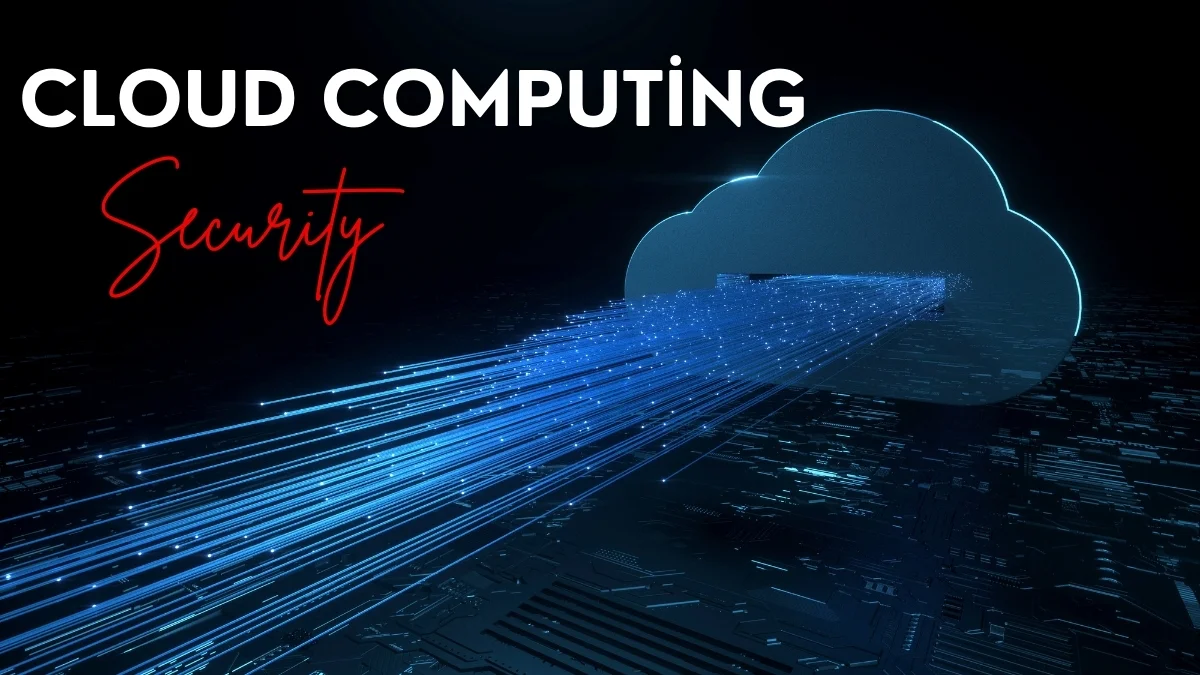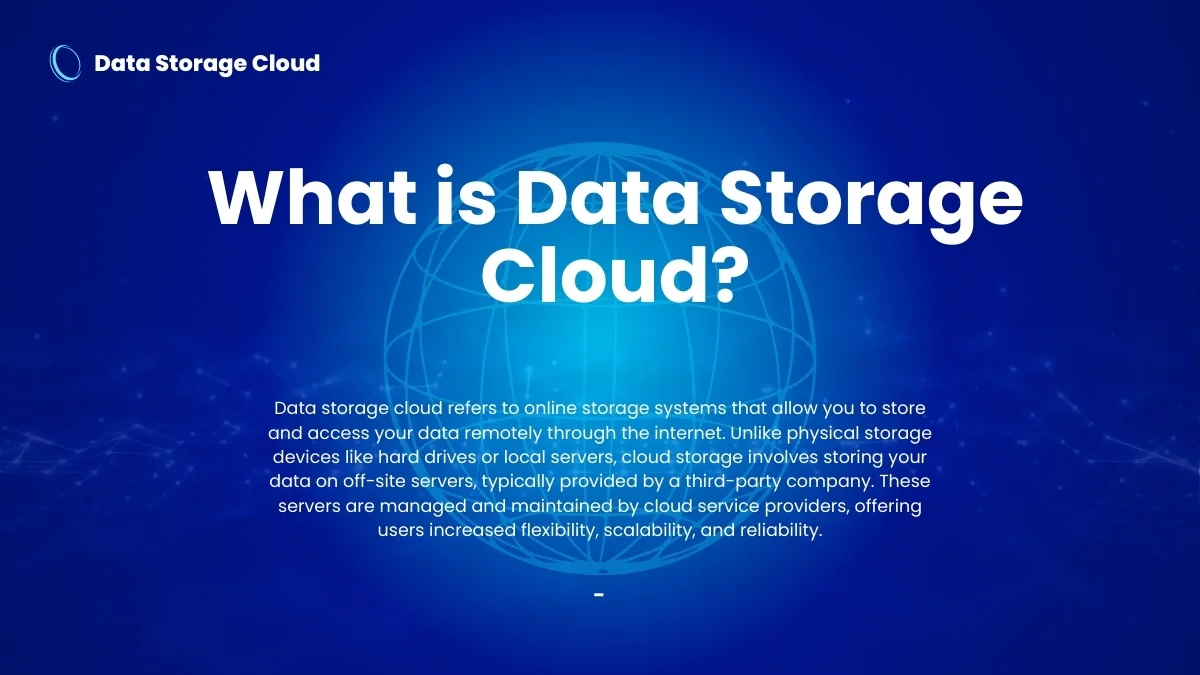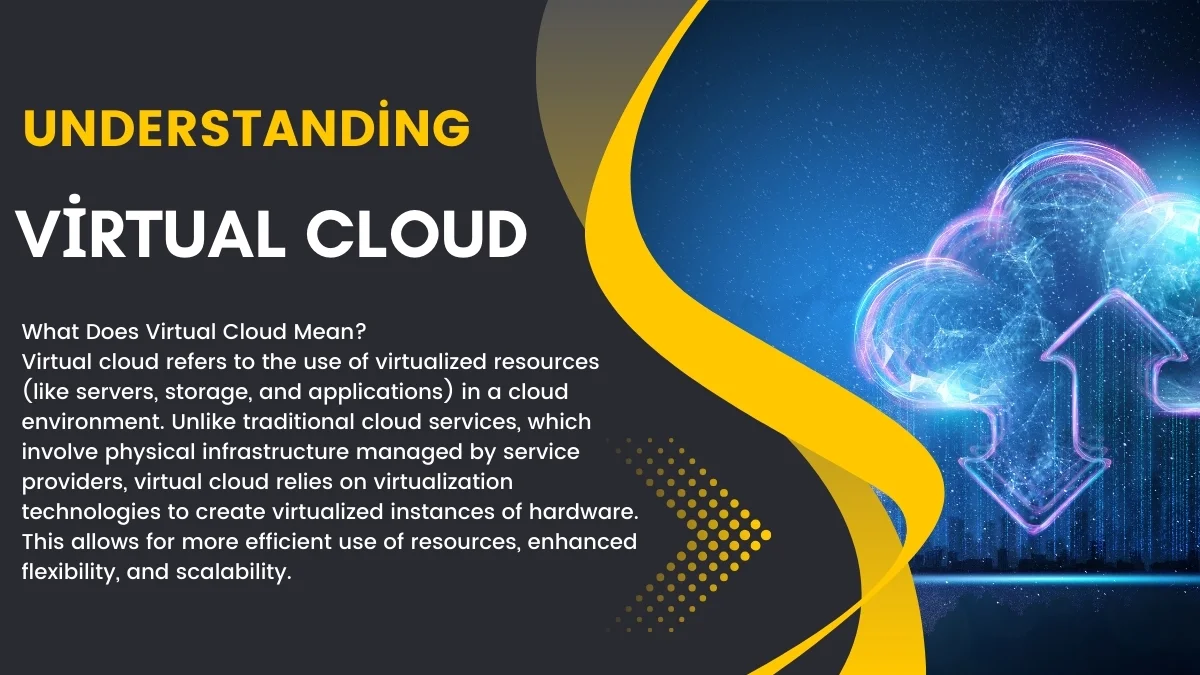Exploring the Power of Server Cloud: A Complete Guide
The world of computing has rapidly shifted from traditional hardware infrastructure to more dynamic, flexible cloud environments. One such evolution is the rise of server cloud, which allows businesses and individuals to access and manage virtualized servers without the need for physical hardware. In this guide, we will explore the ins and outs of server cloud, its benefits, features, and how it works to support businesses in a modern, digital world.
Introduction to Server Cloud
What is Server Cloud?
At its core, a server cloud is a type of cloud computing that provides scalable server resources over the internet. Instead of relying on a physical server that must be maintained and upgraded, businesses can rent virtual servers through a cloud provider. These virtual servers operate in the same way as traditional servers, but with the added benefits of flexibility, efficiency, and easy scaling.
Why Choose Server Cloud Over Traditional Servers?
Traditional servers require a significant investment in hardware, maintenance, and skilled personnel to manage them. In contrast, server cloud offers a cost-effective, scalable, and hassle-free solution. You don’t have to worry about the physical maintenance of hardware or constant upgrades; everything is managed by the cloud provider, and you can scale up or down as your needs change.
Benefits of Using a Server Cloud
Scalability and Flexibility
One of the most significant advantages of server cloud is scalability. If your business needs more server capacity, it can be easily added without the need for a physical upgrade. This flexibility allows businesses to adapt quickly to changes in demand.
Cost-Effectiveness
With traditional servers, businesses must buy, store, and maintain the hardware. With server cloud, you only pay for the resources you use, which makes it much more affordable in the long run. This pay-as-you-go model helps businesses control costs and only scale when necessary.
High Availability and Reliability
Most server cloud services offer high levels of redundancy and uptime, meaning your business will experience fewer interruptions. Whether it’s for data storage or running applications, cloud servers are often more reliable than on-premise solutions because they’re backed by robust infrastructure and support.
Types of Server Clouds
Public Server Cloud
In a public server cloud, resources are shared among multiple customers. This type of cloud is hosted and maintained by third-party providers like AWS, Google Cloud, or Microsoft Azure. While cost-effective, it may not offer the same level of customization and privacy as private cloud options.
Private Server Cloud
A private server cloud is dedicated to a single organization, offering more control and customization. It can be hosted on-premises or by a third-party provider. Private clouds are ideal for businesses that require enhanced security and more control over their infrastructure.
Hybrid Server Cloud
A hybrid cloud combines both public and private cloud environments. This model allows businesses to enjoy the benefits of both types of clouds, such as scalability and flexibility, while also maintaining control over sensitive data and applications.
Key Features of Server Cloud
Virtualization
Virtualization is one of the key technologies behind server cloud. It allows multiple virtual servers to run on a single physical server, making efficient use of hardware and reducing costs. Virtual machines (VMs) are isolated from each other, ensuring that each one functions independently.
Remote Management
With server cloud, management and monitoring can be done remotely. This means that IT teams can control the cloud environment from anywhere, without the need to physically interact with servers. Remote management tools often come with dashboards, making it easy to monitor the health of servers, check performance, and troubleshoot issues.
Security Features
Security is a top priority in server cloud solutions. Providers offer a variety of features to protect your data, such as encryption, firewalls, and multi-factor authentication (MFA). Regular security audits and patches are also crucial to ensure that vulnerabilities are identified and addressed promptly.
How Does Server Cloud Work?
Server Cloud Architecture
The architecture of a server cloud involves a combination of physical data centers, virtualized servers, and cloud management software. These components work together to deliver computing resources over the internet. Each virtual server is isolated, ensuring that one user’s activities don’t interfere with another.
How Data Is Stored in Server Cloud
In a server cloud, data is stored in virtualized storage systems rather than physical servers. This allows for more efficient management and scaling of data storage as business needs grow. Cloud providers ensure that data is stored in multiple locations for redundancy and failover protection.
Challenges of Server Cloud
Security Concerns
While cloud providers implement robust security measures, server cloud environments are still vulnerable to data breaches, DDoS attacks, and insider threats. Businesses need to ensure that they are using strong encryption and security policies to protect their data.
Management Complexity
Although server cloud simplifies hardware management, it can introduce complexity in terms of configuring and managing virtual environments. Businesses need experienced IT professionals to handle cloud-specific tasks and ensure the environment is optimized.
Server Cloud Use Cases
Web Hosting and Application Hosting
One of the most common use cases for server cloud is web hosting. It provides businesses with the necessary resources to host their websites and applications without worrying about infrastructure. The cloud makes it easier to scale the server as your website traffic increases.
Backup and Disaster Recovery
Cloud servers are also widely used for backup and disaster recovery. By storing backups in the cloud, businesses can ensure that their critical data is safe and easily recoverable in case of system failure, cyberattacks, or other disasters.
How to Choose the Right Server Cloud Provider
Evaluate Provider Offerings
When selecting a server cloud provider, it’s essential to evaluate their service offerings, including uptime guarantees, security features, and support options. Look for a provider that aligns with your business needs and offers flexible plans.
Check Performance and Support
Performance is key to the success of any cloud deployment. Make sure that the provider offers fast server speeds, low latency, and reliable customer support to resolve any issues that may arise.
Conclusion
In the digital age, server cloud has become an essential tool for businesses of all sizes. It offers a scalable, cost-effective, and reliable way to manage IT infrastructure without the headaches of maintaining physical servers. Whether you choose a public, private, or hybrid cloud, server cloud provides flexibility and security to keep your business running smoothly. By understanding the features, benefits, and challenges of server cloud, you can make an informed decision that suits your organization’s needs.
Frequently Asked Questions (FAQs)
- What is the main advantage of using a server cloud?
- The primary advantage of server cloud is its scalability and cost-effectiveness, allowing businesses to grow without investing heavily in physical infrastructure.
- What types of server clouds are available?
- The main types of server cloud are public, private, and hybrid clouds, each offering different levels of control, security, and scalability.
- How does virtualization work in a server cloud?
- Virtualization allows multiple virtual servers to run on a single physical machine, optimizing resource usage and enhancing scalability.
- Is server cloud more secure than traditional servers?
- Server cloud solutions often have advanced security features, but they still require careful configuration and management to ensure data protection.
- How do I choose the right server cloud provider?
- Look for a provider with reliable performance, strong security features, flexible pricing, and excellent customer support to meet your business needs.








